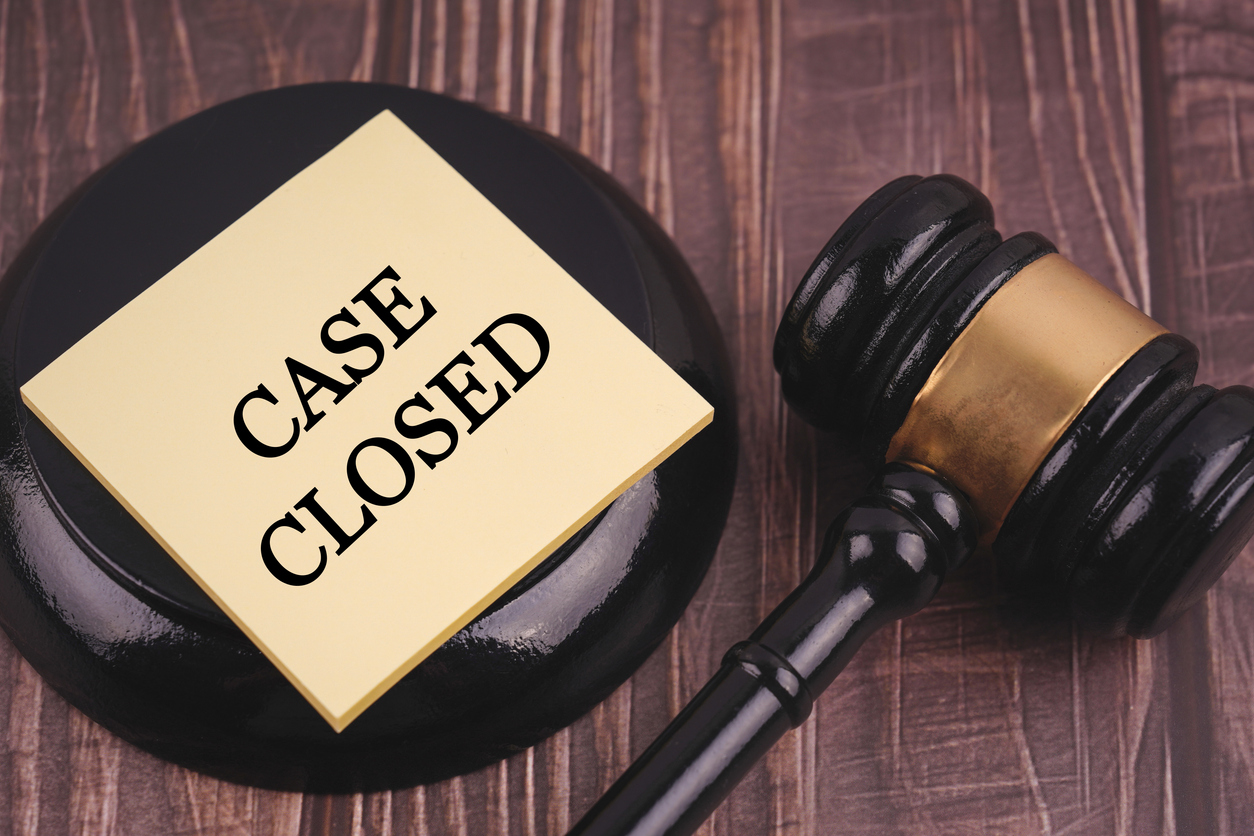About two months ago, Winter Storm Uri left millions of Texans stranded in the cold without water, electricity, or heat. This tragic and historic event arrived abruptly, but it left lingering effects for many. The Federal Emergency Management Agency (FEMA) declared this event as a major disaster. Thousands of homeowners and renters incurred property damage or other storm-related costs. FEMA offered assistance to 126 of the 254 counties1 in Texas with an application deadline of April 20, 2021. However, the application deadline has now been extended to May 20, 2021.
This means homeowners and renters who have damage or losses not covered by their insurance—or if they did not have insurance at the time of the loss—can apply for federal disaster assistance until May 20, 2021.2 Ben Gonzalez with the Texas Department of Insurance (TDI) spoke with Kurt Peckering from FEMA about what FEMA covers and how to apply.3 Below is a summary of what was discussed.
FEMA offers individual assistance and public assistance (local and state). Individual assistance includes both housing assistance and other needs assistance. Housing assistance includes housing repairs and rental assistance. For renters who are displaced, FEMA can help them find and pay for new housing. Additionally, FEMA can help renters with their contents. However, because the property being rented actually belongs to the landlord, FEMA does not offer home repair assistance to renters. FEMA does not pay for broken pipes but offers assistance for damaged contents resulting from the water that escaped from the broken pipes.
To qualify, Mr. Peckering stated the person applying for assistance must be a U.S. citizen, a non-citizen national, or a qualified alien, they must have had damage to their primary residence or certain other non-real estate property (like a car), and the damage must have occurred in a designated county. If you are uncertain whether you qualify, Mr. Peckering suggests “people register if they are not sure. Because it’s better to register and not get help than not register and then not get help you would have got.”
If you have insurance and your claim was denied, FEMA requires you provide your carrier’s denial letter. If you do not have insurance, and only if you do not have insurance, then let FEMA know that you do not. However, if you have insurance and say you do not just to get a grant, you could be found guilty of a civil offense. FEMA does not cover insurance deductibles because that amount is what an insured agreed to pay in the event of a claim. However, if there is damage that does not meet the deductible (the damage is less than the deductible), FEMA may be able to help. FEMA repairs homes back to being safe, secure, and functional.
For more information or to apply for assistance, visit DisasterAssitance.gov or call 800-621-3362.
________________________________________
1 https://www.fema.gov/disaster/4586/designated-areas
2 https://www.tdi.texas.gov/blog/what-fema-covers-and-how-to-apply.html
3 https://www.youtube.com/watch?v=NUnGX2tPu-4




